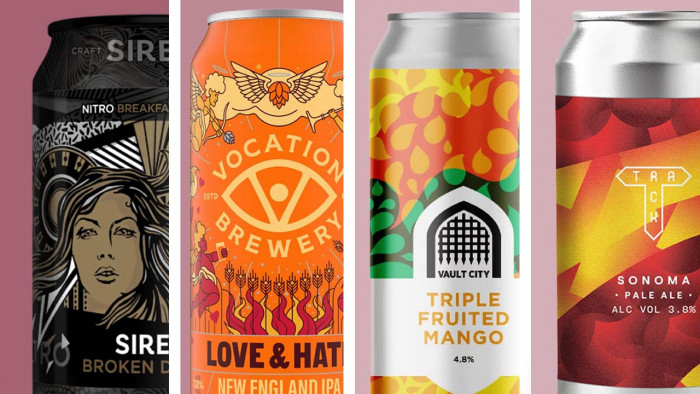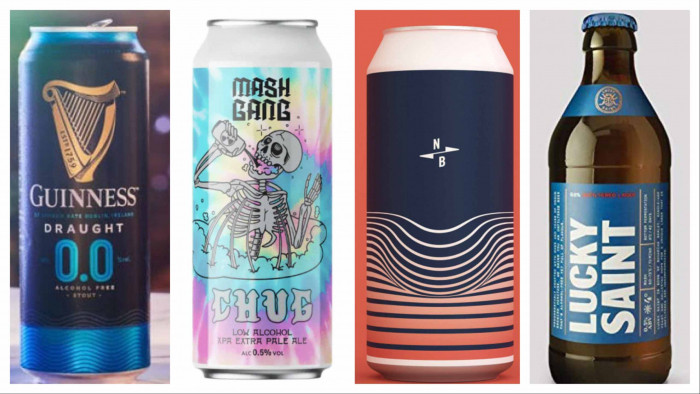Why drinking four cups of coffee a day could help you live longer
Coffee drinkers of the world, this is great news


For lots of people, drinking coffee is an essential part of everyday life. Without that sweet caffeinated high in the morning, many coffee-drinkers would turn into fire-breathing kraken monsters. So even if scientists found out that drinking it was terrible for your health, most coffee-drinkers wouldn’t pay any attention.
Need your caffeine fix? Try one of our top picks for best coffee pod machine
Well, luckily for them, researchers have found out that drinking three to four cups a day may actually be good for you. Scientists at the University of Southampton found a lower risk of liver disease and some cancers in coffee drinkers, as well as a lower risk of dying from stroke. Coffee drinking is also linked to a lower risk of Parkinson’s disease, depression, and Alzheimer’s disease, the study found.
The study said: “Coffee consumption was more often associated with benefit than harm for a range of health outcomes across exposures including high versus low, any versus none, and one extra cup a day. Coffee consumption seems generally safe within usual levels of intake, with summary estimates indicating largest risk reduction for various health outcomes at three to four cups a day, and more likely to benefit health than harm.”
But Professor Paul Roderick, co-author of the study, could not definitively confirm that it was coffee intake that caused the health benefits. He explained to the BBC: “Factors such as age, whether people smoked or not and how much exercise they took could all have had an effect. There is a balance of risks in life, and the benefits of moderate consumption of coffee seem to outweigh the risks.”
For most adults, the recommended amount of caffeine is 400mg per day but, of course, there’s caffeine in lots of others things we eat and drink.
According to the NHS, the amount of caffeine found in some popular foods and drinks is as follows:
- one mug of instant coffee: 100mg
- one mug of filter coffee: 140mg
- one mug of tea: 75mg
- one can of cola: 40mg
- one 250ml can of energy drink: up to 80mg
- one 50g bar of plain chocolate: less than 25mg
- one 50g bar of milk chocolate: less than 10mg
(Image: iStock)
Latest


Is clubbing actually good for you? We asked an expert


Horticulturist shares tips on how to urban garden


Puma's new running shoes are made for London marathon
Related Reviews and Shortlists


The best craft beers: 17 of the best beers





